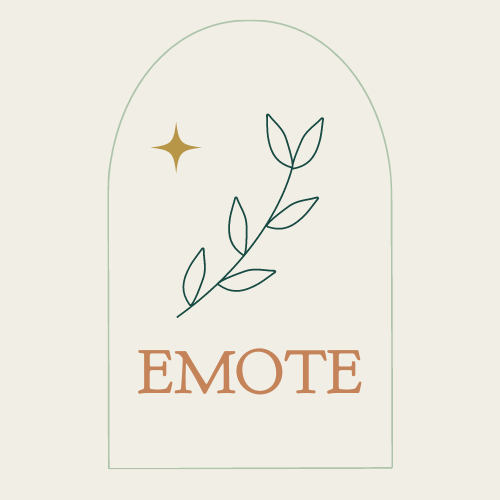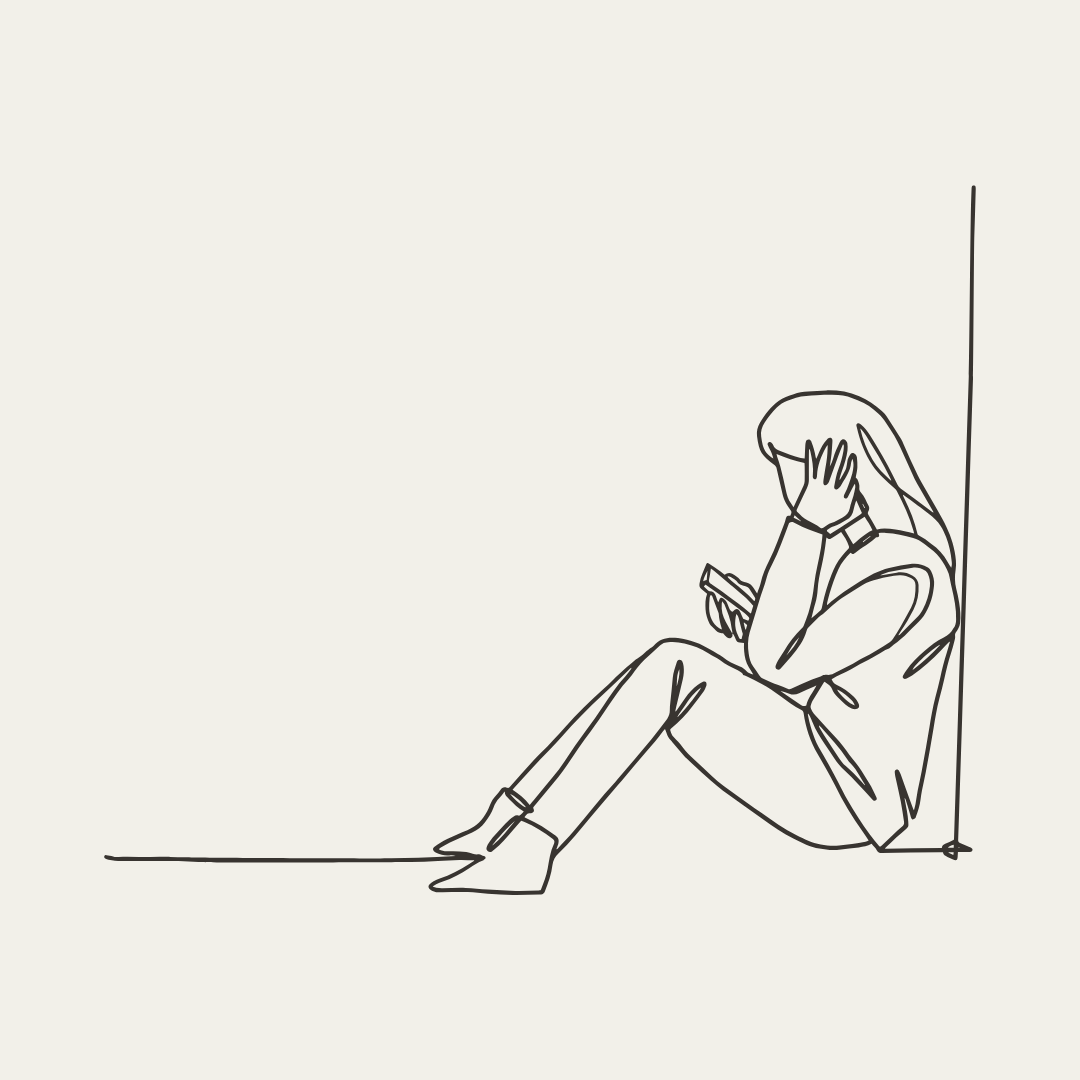Hope is beautiful — until it turns into loops.
You don’t obsess over someone who shows up for you. Obsession isn’t love — it’s a self-soothing strategy in response to fear and uncertainty. It’s a predictable enough response to uncertainty that people with bad intentions can even use it against you.
Machiavelli wrote about this centuries ago: keeping people off-balance, letting hope and fear do the work, creates dependence and gives someone power over you. When you’re spinning in loops, guessing at someone’s intentions, they are in control of you — even without saying a word.
Most of us know that kind of spin. It isn’t just thinking about someone — it’s running mental laps: Why haven’t they texted back? Did I do something wrong? Were they flirting, or was I imagining it? They seemed distant — are they pulling away? Hope mixes with fear and becomes detective work, piecing together clues from scraps of interaction.
And it hurts. The knot in your stomach tightens with every unanswered question. Your chest might ache, your shoulders tense, your jaw clenches. It’s hard to sleep. Meals get skipped. Priorities — work, friends, even your own self-care — slide down the list as your mind is trapped in the loops. You replay conversations, search for hidden meanings, and fill silence with guesses. You tell yourself maybe they’re just busy, maybe they didn’t see my message, maybe they’re scared to talk to me, maybe if I wait long enough they’ll come around. Hope becomes a hamster wheel.
This can happen with someone you barely know — a coworker, a friend-of-a-friend, someone you’ve only been on a few dates with. You don’t even know if they’re interested, but that not-knowing becomes its own kind of toxic fuel. Your brain works harder, tricking you into believing that if you just think about it more you’ll arrive at certainty, while your body, relationships, and priorities quietly pay the price.
Obsession feeds on uncertainty. It lives in the gap between what someone says and what they do — between the connection you hope for and the connection you actually have. It thrives in mixed signals, in inconsistency, in the space where hope keeps imagining a better outcome if you can just think hard enough to make it happen.
But most of what you’re spinning on isn’t real. It’s projection — your mind filling in the blanks, trying to soothe the ache of not knowing. You’re not actually with them in those moments. You’re with a version of them that exists entirely in your mind, stitched together from hope and guesswork.
That’s why obsession quiets when someone truly shows up. When they are consistent, clear, and present, there’s no puzzle to solve. You don’t have to hope they’ll come closer — they already have. If you are used to inconsistent behavior from other humans, healthy relationships may not feel as exciting, or you might feel bored. Past relational traumas can inform what you expect from others in bummer ways, teaching you that the chaos of uncertainty is just how love goes.
It isn’t love that makes you spin — it’s fear. Love feels steady. Love feels safe. Obsession is just your nervous system trying to protect you from the unknown — even when the unknown is that this person might not want you back.
Here’s the shift—you don’t have to think harder to find peace. You can notice when hope has turned into loops and let that be your answer. If you don’t know where you stand, it’s because they haven’t made it clear. That’s not a puzzle for you to solve. That’s information you can act on. You have to play with the cards you have, not the ones you want.
Someone who truly wants to be in your life, and cares for your well-being won’t leave you trapped in loops — and you don’t have to sacrifice your body, your mind, or your life trying to chase a maybe.
How to Unwind Obsessive Loops:
• Notice the loop – Label obsessive thoughts; awareness weakens their grip.
• Focus on reality – Stick to what’s actually happening, not imagined scenarios.
• Set attention boundaries – Protect your energy; stop compulsive checking.
• Build an exciting life – Fill your days with joy, growth, and purpose.
• Shift hope to choice – Ask what empowers you, not what they might do.
-EMOTE
Sarah Sevedge has a Ph.D. in Counseling Psychology and is a licensed mental health counselor in private practice.
Disclaimer: The content provided is for educational and informational purposes only. It is not intended as healthcare or medical information nor to diagnose or treat any disorder or condition. It does not constitute personal or professional consultation or create a therapist-client relationship.

